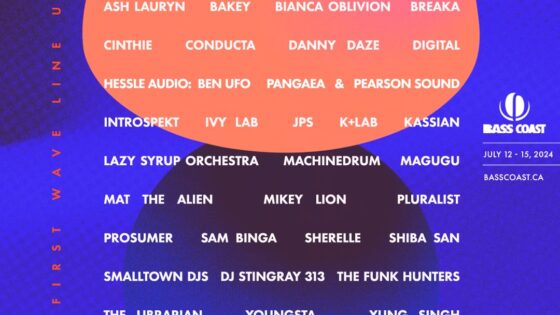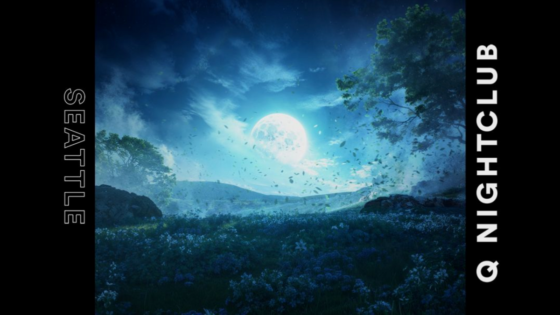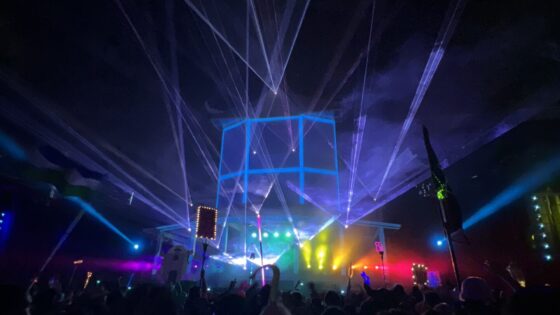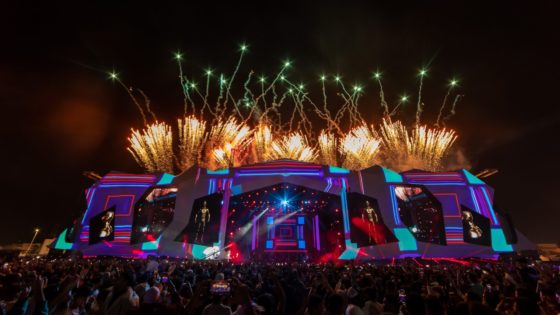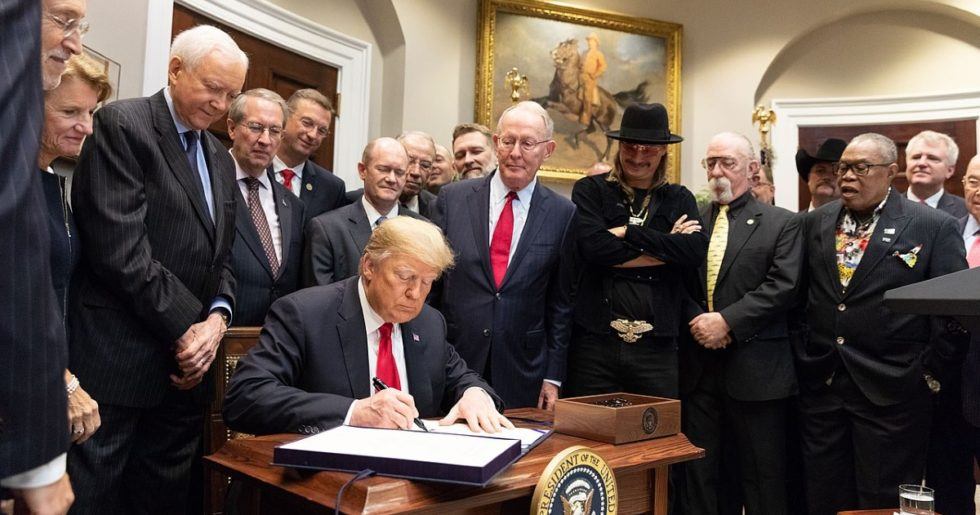Recently, Congress and President Trump enacted a bill into law called the Music Modernization Act (MMA). It’s no secret that the music industry has become notorious for not paying musicians and producers their fair share of royalties or licensing fees. It has become an even more difficult subject in the era of online streaming services like Spotify and Pandora, since royalty payments and licensing fees are not standard across the music industry. Rather they are determined individually by each service, label, or music industry professional.
The Music Modernization Act seeks to change that by ensuring every artist will get paid what they are owed by protecting their royalty rights. Contained within the bill are three main pieces of legislation, detailed below:
Streamlining The Mechanical Licensing Process
The Music Modernization Act seeks to streamline the music licensing process, but how exactly?
First, the passage of the Music Modernization Act will create a new governing agency (called the Mechanical Licensing Collective, or MLC) which will be responsible for distributing licenses to digital services, while also collecting and distributing royalties to rights holders.
Before the Music Modernization Act was passed, streaming services were solely responsible for determining the rights holders of every song in their catalogue. But with the institution of this new organization streaming services won’t have to do the hard work to determine who holds the rights to songs in their library, making it easier for them to identify who needs to be getting compensated for their music.
Second, royalties will be negotiated in an open-market forum rather than by using the current rate-setting standards ensuring that compensation is more fair an accurate, and that artists are being compensated for every single track that is being purchased, copied, or reused by a streaming service.
Third, the Music Modernization Act overhauls the court system that handles licensing and legal issues related to royalty payouts. The way the system was structured before the passing of the MMA was that the two largest music organizations the American Society of Composers, Authors, and Publishers (ASCAP) and Broadcast Music Inc. (BMI), were assigned one judge which would handle all of the legal cases related to these topics. This made it incredibly difficult to get any legal recourse because of how long it took for cases to move through the legal system. Now, judges will be assigned at random to each case as the need arises ensuring that cases are met in a timely manner.
Legacy Compensation
Another important feature of the Music Modernization Act is that it protects the rights of artists going all the way back to before 1972. This means that songs written, produced, copied, or sold before 1972 will be entitled to receive fair royalty payments, especially since music from older eras are becoming more accessible in the digital and streaming age.
If an artist recorded any song before 1972 and didn’t receive fair compensation for it, they’ll be entitled to obtain those royalties by utilizing the new court system or by having their music a part of a streaming service that are now compensating musicians fairly for their music based on these Music Modernization Act requirements.
Allocation For Music Producers
When discussing music royalty payments one almost instantly thinks about the artists themselves. However, there are also producers to take into consideration who more so fall victim to unfair royalty payments. Since they don’t get acknowledgement or recognition as much for their work on a track, producers rarely get the compensation they deserve.
That all changes with the Music Modernization Act which seeks to protect the rights of producers as much as artists. The Music Modernization Act creates a way for music producers and sound engineers to receive direct payments from SoundExchange. Whenever a track is played over satellite or online radio, or streamed over services like Pandora producers will be able to receive their compensation. This marks the first time in U.S. history that music producer rights were ever mentioned or taken into consideration in any form of legislation.
What’s great about the Music Modernization Act is that it protects the rights of musicians and producers in an era where being a musician has taken on a whole new meaning. The music industry has evolved thanks to new technology, and with that evolution comes a responsibility to protect musician rights as well as the rights of music producers. The government has finally acknowledged that the music industry has evolved and came together to create a better industry with regulations that will usher in a new era in the music industry.
Important things happen in Pacific Northwest nightlife, and DMNW will send you alerts!






